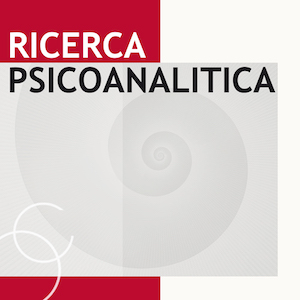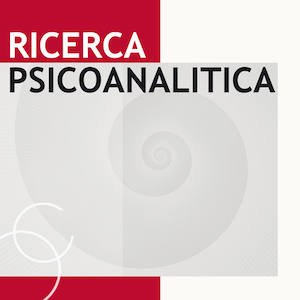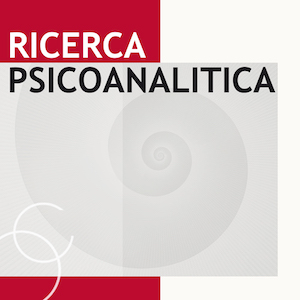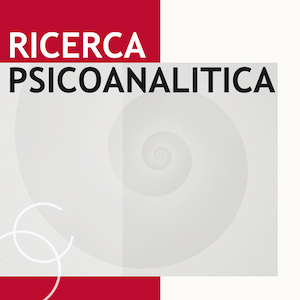A relational psychoanalytic perspective on trauma, dissociation, and their relationship to psychopathology and borderline organisation
All claims expressed in this article are solely those of the authors and do not necessarily represent those of their affiliated organizations, or those of the publisher, the editors and the reviewers. Any product that may be evaluated in this article or claim that may be made by its manufacturer is not guaranteed or endorsed by the publisher.
Accepted: 7 October 2022
Authors
The paper considers two of the most discussed concepts within the relational perspective in psychoanalysis: dissociation and trauma. Placed within the Italian relational tradition and reflection for over 25 years, the authors propose a model of trauma, dissociation and borderline organisation to highlight their clinical perspective on these phenomena and on the fundamental function of the dissociating mind in a specific psychopathological perspective. Starting with clinical observation of descriptive and phenomenological levels and a model of the psychic processes involved, this contribution aims to reflect on the traumatic experience and how dissociation articulates a possibility of psychic life and residual vitality. Considering the functioning of the individual and his relationships, the paper also focuses on the outcome that dissociation has on the existential aspects of the subjectively and/or objectively traumatic experience. The aim was to provide the clinician with an observational, conceptual and operational perspective that allows for a diagnostic grasp of the different levels of functioning of the patient’s mind. The paper in particular focuses on the level of borderline organisation and the specific related psychopathology. Reflection on borderline organisation invites us to connect mind, body, relationships and affections in a systemic manner, from the perspective of attachment and the multiplicity of subjective experience, trying to give maximum emphasis to the specificity of the person in front of us, to his or her subjective resources and multiple levels of functioning.
How to Cite

This work is licensed under a Creative Commons Attribution-NonCommercial 4.0 International License.
PAGEPress has chosen to apply the Creative Commons Attribution NonCommercial 4.0 International License (CC BY-NC 4.0) to all manuscripts to be published.










